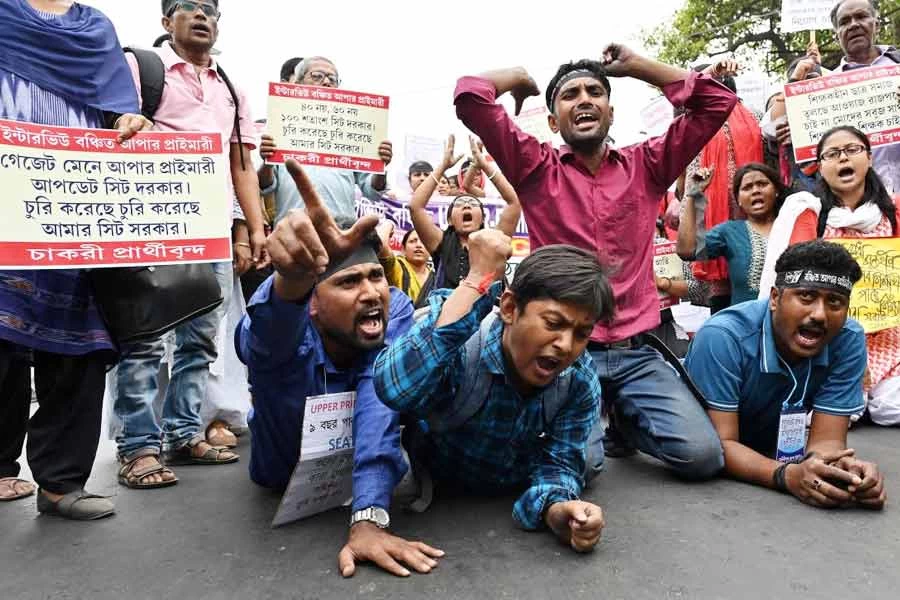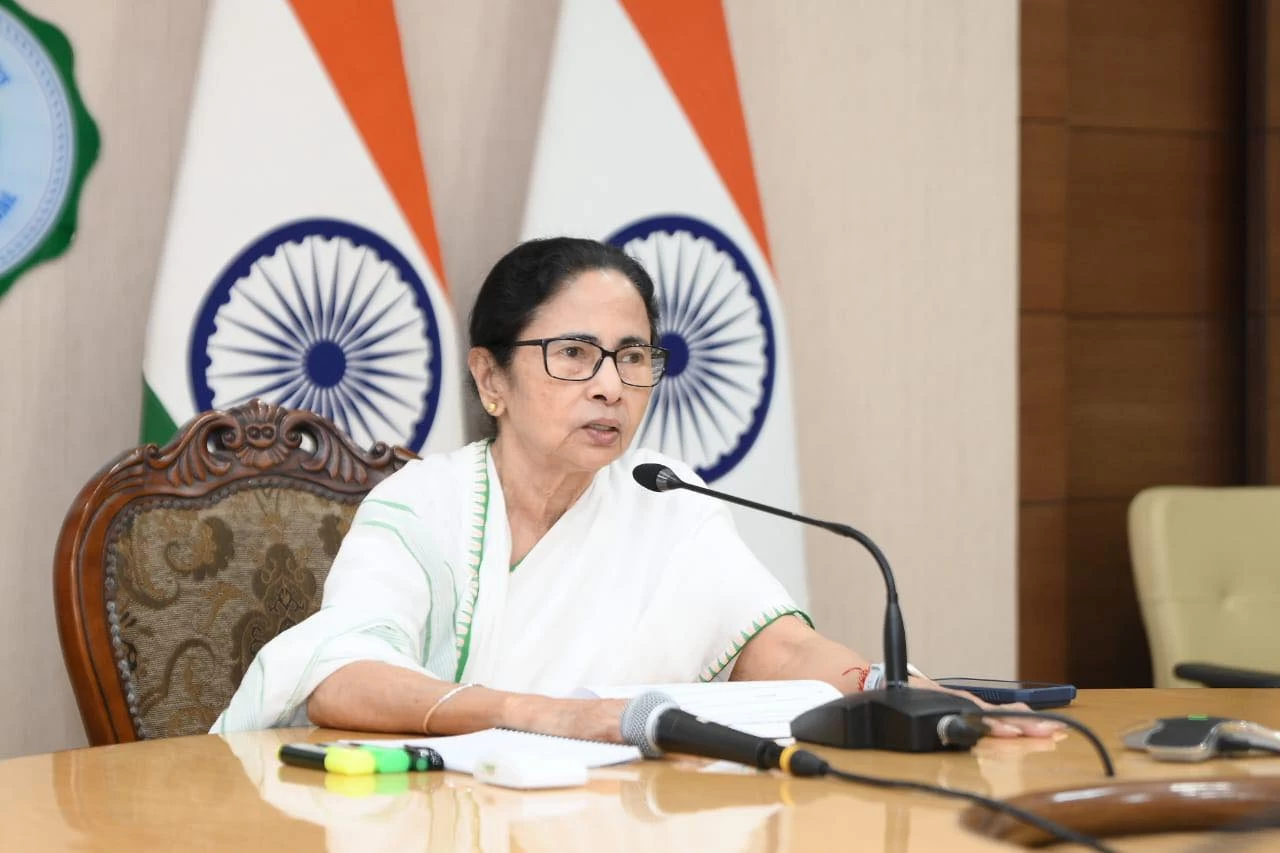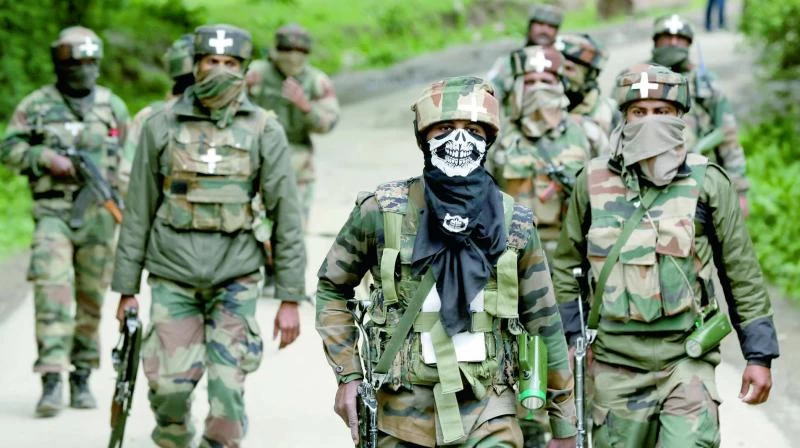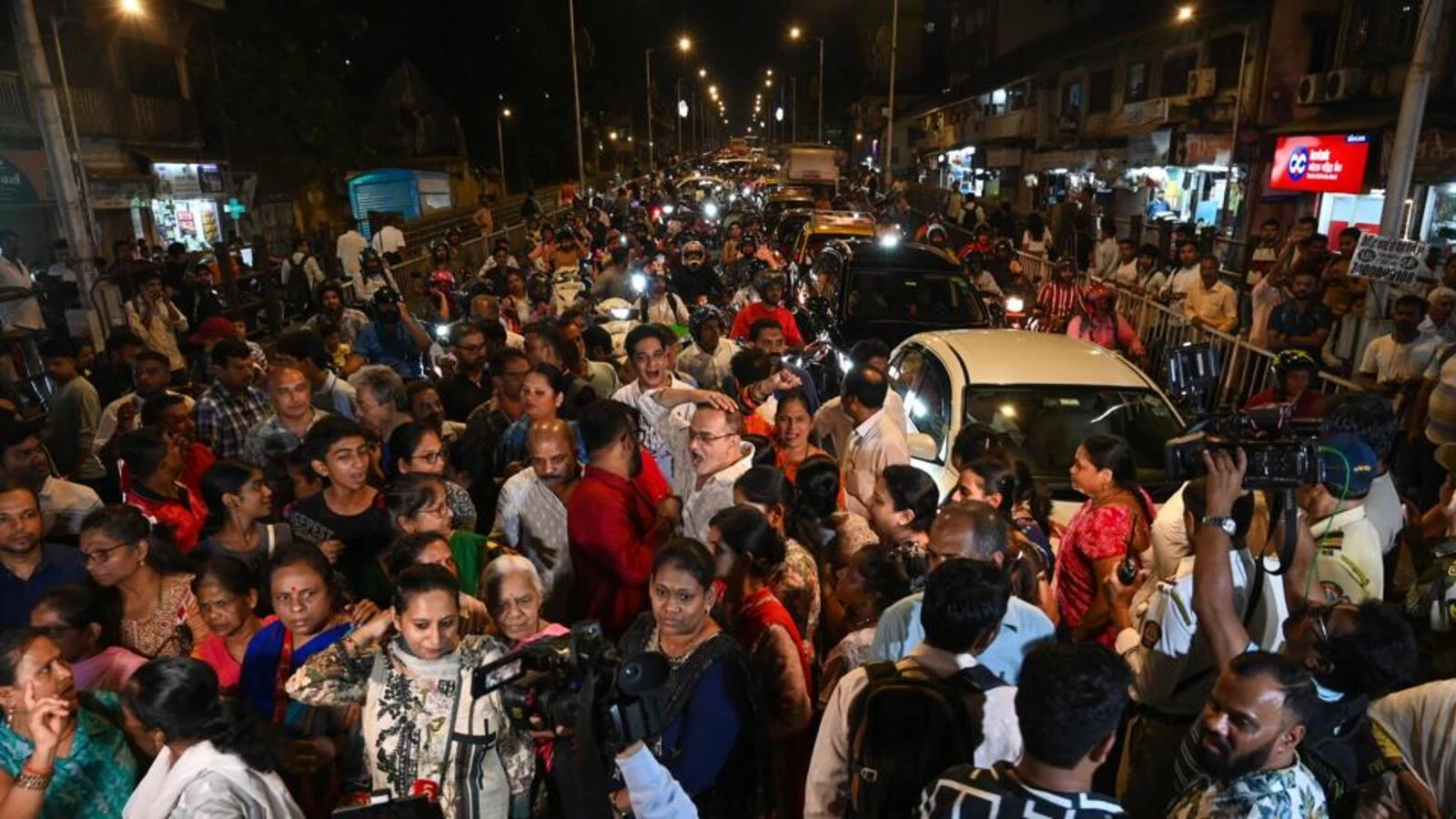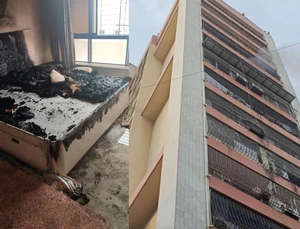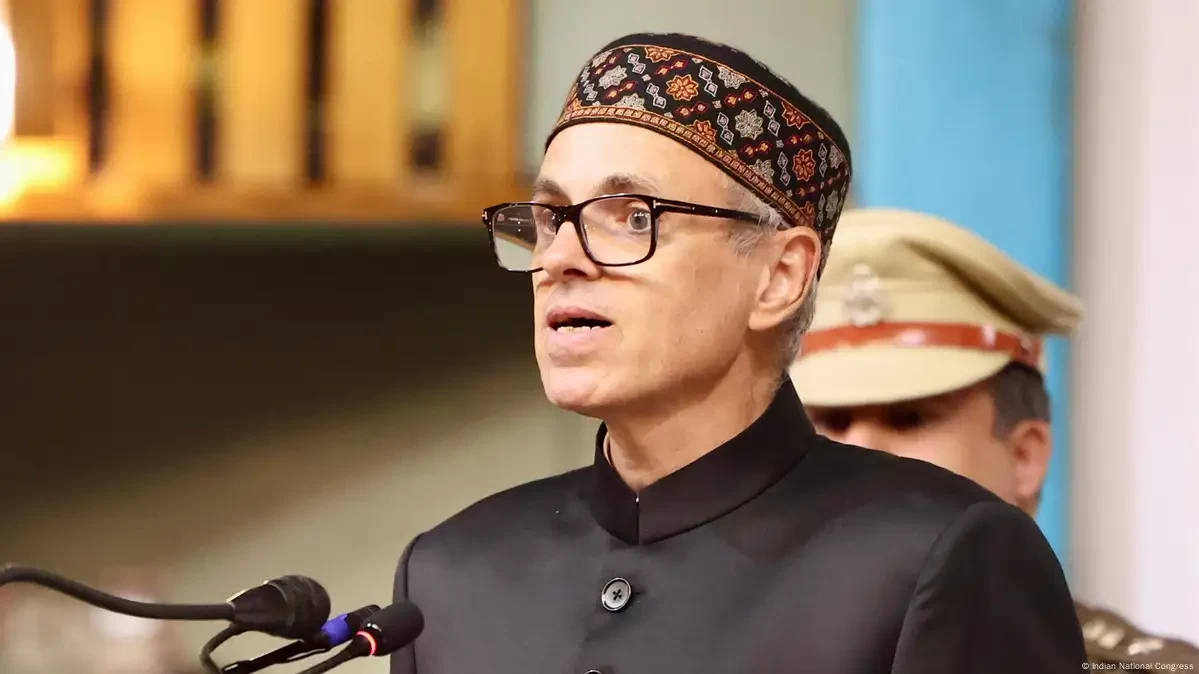Latest Updates
“The right to enter into union cannot be restricted on the basis of sexual orientation” observes the CJI, but SC bench rejects same sex marriage, leaves legalization with the center
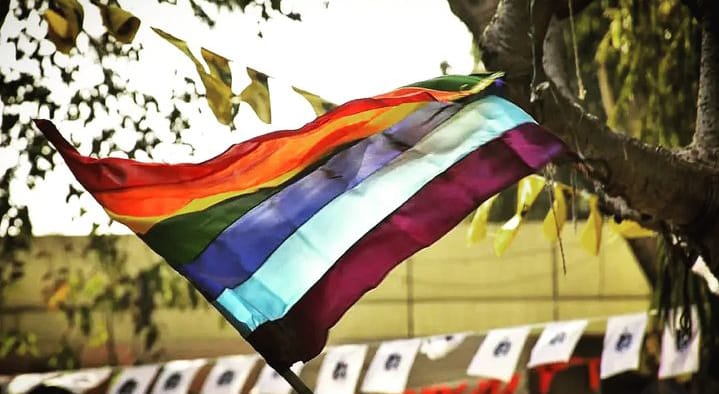
The Supreme Court on Tuesday stated that an individual's freedom to form a union cannot be restricted on the basis of sexual orientation, but it refrained from legalizing marriage equality, leaving the same-sex marriage decision on the legislation. The five-judge panel put forth 4 important decisions, with the primary point of disagreement being LGBT couples' rights to adoption.
The judges urged the union government to create a committee that would address the challenges of LQBTQ couples and produce a viable solution to issues such as obtaining ration cards, pensions, gratuities, and succession issues. The center had previously informed the court on May 3 that it intended to establish a committee headed by a cabinet secretary to look into administrative fixes for issues faced by same-sex couples without delving into the debate over same-sex marriage equality.
In a landmark judgment on adoption rights, the bench delivered a split verdict of 3-2. While Chief Justice of India DY Chandrachud and Justice SK Kaul upheld the right of same-sex couples to adopt, Justices S Ravindra Bhat, PS Narasimha, and Hima Kohli dissented. Justice Chandrachud, in his statement, acknowledged the differing opinions but emphasized that the issue of judicial review and separation of powers had been addressed. He further stated that choosing a life partner is a crucial decision and a fundamental right under Article 21 that goes to the root of the right to life and liberty. "The right to enter into a union includes the right to choose one's partner and the right to recognition of that union. A failure to recognize such associations will result in discrimination against queer couples… the right to enter into union cannot be restricted on the basis of sexual orientation," observed Chief Justice of India DY Chandrachud.
The Chief Justice disagreed with the center's argument that marriage equality is an ‘urban, elite concept’. He stated that ‘queerness is not limited to a particular class or region of society’. He supported adoption rights for queer couples and emphasized that ‘there is no evidence to suggest that only heterosexual couples can provide stability to a child’. According to him, the Central Adoption Resource Authority ‘exceeded its authority’ by prohibiting adoption by same-sex couples. Justice Kaul also concurred with the Chief Justice and emphasized the need for an anti-discrimination law.
Speaking on aspects explored in the CJI’s observation, Justice Bhat agreed that queerness is "neither urban nor elitist", but he disagreed with DY Chandrachud’s directions. “The judgment of the Chief Justice propounded a theory of a unified thread of rights and how lack of recognition violated rights. However, when the law is silent, Article 19(1)(a) does not compel the State to enact a law to facilitate that expression,” said Justice Bhat. In addition, Justice Bhat stated that creating a legal framework for queer couples is the responsibility of the legislature, as there are several aspects to be considered.
"We voice certain concerns. This is not to say that unmarried or non-heterosexual couples can't be good parents... given the objective of section 57, the State as parens patriae has to explore all areas and to ensure all benefits reach the children at large in need of stable homes," observed Justice Bhat speaking on the issue of adoption rights of queer couples.
Towards the end of the session, the judges unanimously agreed that the court must refrain from making any modifications to the Special Marriage Act. They argued that doing so would go beyond the court's authority and encroach into the legislature's domain.
The Chief Justice explained that the court does not have the power to strike down the Special Marriage Act or add words to the law because of institutional limitations. He further stated that the court cannot modify related laws, such as the Succession Act, because it would amount to legislation. Justice Kaul also agreed with the Chief Justice's argument. He acknowledged that the Special Marriage Act is violative of Article 14, but stated that there are interpretative limitations to including homosexual unions. He also concurred with the Solicitor General's assertion that changing the Special Marriage Act could have a domino effect. However, the apex court urged the Centre, states, and union territories to end discrimination against the LGBT community.




